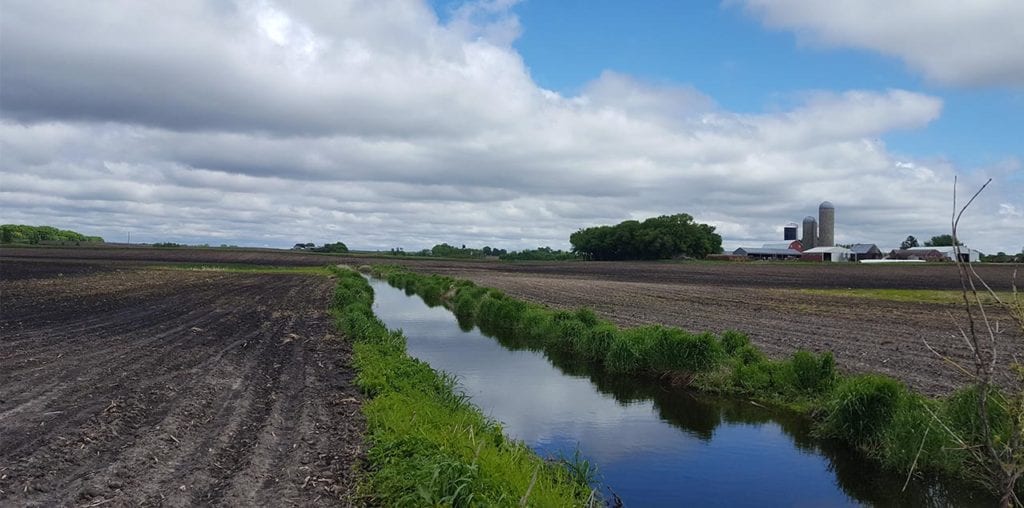
U.S. District Court in Galveston rejects overly expansive EPA 2015 WOTUS rule
By Jim Bradbury, PLLC
The U.S. District Court in the Southern District of Texas recently issued a ruling remanding the 2015 EPA WOTUS Rule back to EPA and the Army Corps of Engineers and upholding the preliminary injunction presently in place that prohibits applying this Rule to Texas and certain other states.
The issue here stems from the EPA’s attempt to clarify the definition of “Waters of the United States. The rule created a new area of “Categorically Covered Waters,” which are waters that can be shown to have a close nexus to traditionally covered waters. The EPA rule extended jurisdiction over all waters that are “adjacent” to the Categorically Covered Waters.
When the Final Rule was published, the language called for adjacent waters to be determined by distance—a sharp departure from the ecological and hydrological methods the EPA had previously presented in the proposed language. This departure would grant the EPA more sweeping jurisdiction than was previously considered in the Proposed Rule.
In rejecting the Final Rule, the court explained that the EPA’s departure from the proposed language and criteria violated the notice and comment requirement for agency rules, depriving interested parties of the opportunity to provide feedback regarding the method of determining “adjacent” and “neighboring” waters. The court further reasoned that departing from the rules’ proposed language was significant due to the expansion of jurisdiction. The court held that these changes to the Final Rule violated the Administrative Procedure Act, rendering the rule unenforceable as presently drafted. Accordingly, the court upheld the injunction and remanded the Rule for further consideration by EPA and to resolve the notice and comment defects.
While this is a victory for those challenging the more expansive definition of WOTUS, interested parties should be on the look-out for more Proposed Rule language. This ruling takes place at a time when the current Trump administration has withdrawn the prior 2015 Rule and has also proposed a new definition of Waters of the U.S., and the court’s remand to EPA creates a new opportunity to work with EPA to take a more sustainable and reasonable approach to defining Waters of the U.S.


